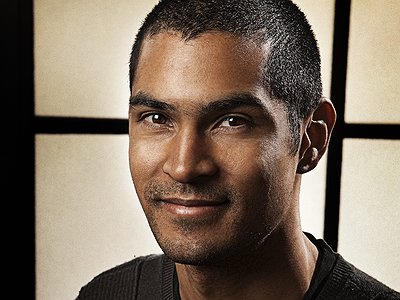When did you start playing your instrument, and what or who were your early passions and influences?
I began playing the cello when I was eight. I did not grow up in a musical family, so I have to confess that I wasn’t even aware of what a cello was when I agreed to take lessons! Over the years my passion for the instrument grew. The first classical recording I ever owned was a cassette tape of Yo-Yo Ma playing the Haydn Cello Concertos.
How would you describe the relationship with your instrument?
On good days we are one and the same entity. On bad days we are like a married couple having a little spat. When you spend some much time with an instrument, the connection becomes immensely personal.
What do you personally consider to be incisive moments in your artistic work and/or career?
I would have to say the decision to attend the Eastman School of Music. At that age I really did not have any idea what it would be to pursue a career as a professional musician. But that choice set me on the path that I am still on today.
What are currently your main artistic challenges, including questions of technique relating to your instrument? In how much does this technique allow you to bring out the essence of a piece with more clarity?
The best technique in the world is the kind that one does not notice. That being said, without flawless technique one is unable to truly express every detail of the music and of their own soul. This is our task as instrumentalists. Every day and every new piece presents new challenges.
What do you start with when working on a new piece?
That really depends upon the piece. Most of the music that I play has never been played before, meaning there is generally no recording to use as a reference. Generally, my first step is to get a sense for the sonic scope of a work. The picture eventually becomes more clear as to what approach will be needed to execute the work.
There's a wide range of nuances between trying to stick as closely to the score as possible and the kind of freedom Glenn Gould would indulge in. How do you balance your personal emotions/ideas and the intentions of the composer in your interpretations?
That is a very good question. I believe that one’s interpretation should always serve the music first and foremost. But I would like to stress the service is for the music not the composer. The composer and the performer alike are on this journey together.
Do you feel it important that an audience is able to deduct the processes and ideas behind a work purely on the basis of the music? If so, how do you make them transparent? Do you, in general, feel that, as part of your work, music needs to be explained or should it retain its “inexplicable nature”?
I think that it is a question of when the music should be explained. Often music is far too complex to understand the details upon first hearing. In my opinion there is nothing wrong with that. Of course, we would love the listener to enjoy everything while we are playing. But we are also in the business of creating art and often a work of art takes time to fully digest.
In how much, do you feel, are creative decisions shaped by cultural differences – and in how much, vice versa, is the perception of music influenced by cultural differences?
It would be difficult for anyone to perceive music in a way that's different from their background. That is human nature. But that being said, we should always have an open mind. We all have something new to learn.



